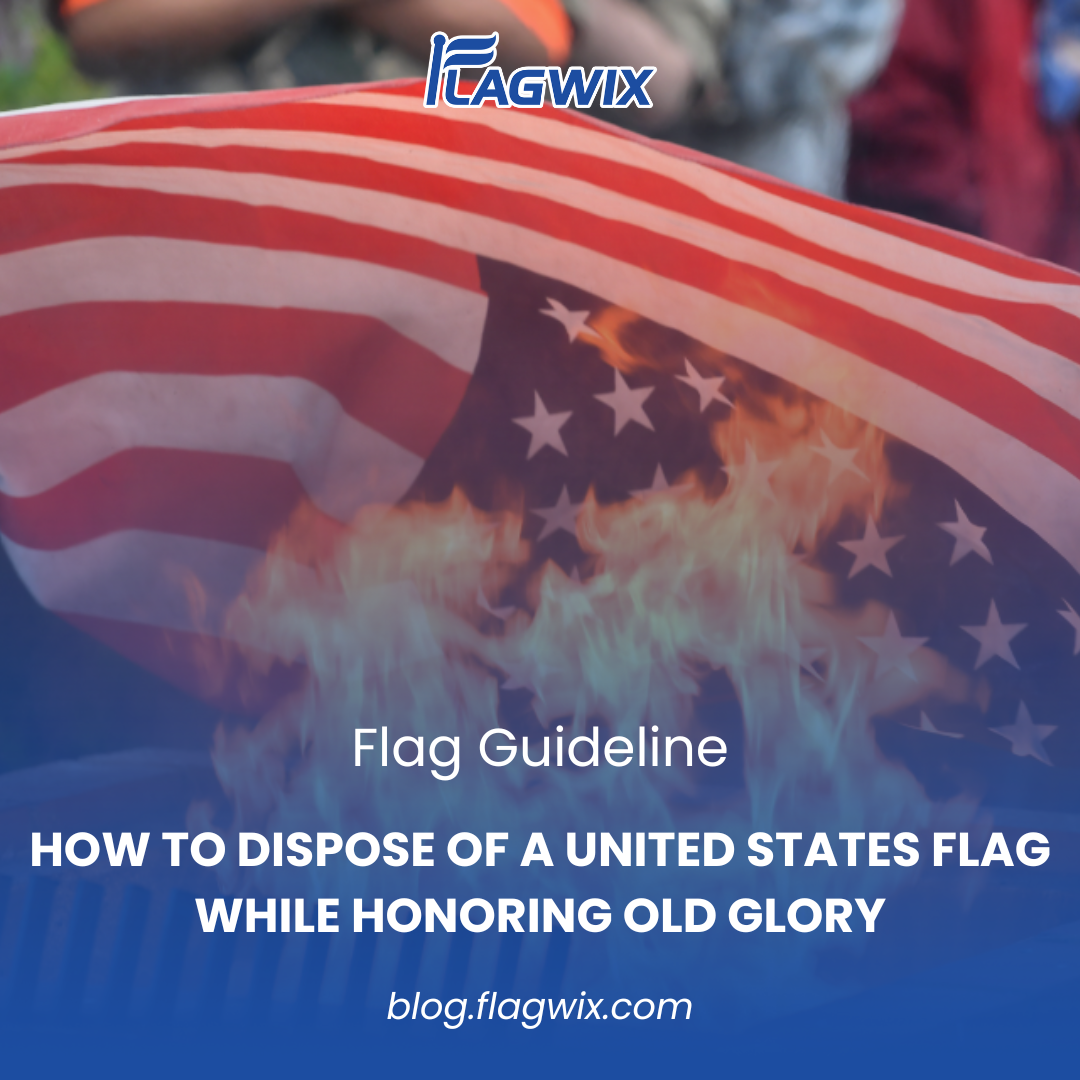Decoration Day to Memorial Day: The Change Explained

Every year, Americans gather in solemn remembrance to honor those who have died in military service to the nation. This day, which originally began as Decoration Day in the 19th century, evolved into what we now recognize as Memorial Day. This transformation wasn't just a name change; it carried profound shifts in its purpose, practice, and how we as a nation view this holiday. Here, we explore how Decoration Day became Memorial Day, delving into the history, significance, and the national consciousness behind this pivotal change.
The Origins of Decoration Day

The roots of Decoration Day lie in the aftermath of the Civil War, which ended in April 1865. This conflict left the nation divided and in mourning, with over 620,000 American lives lost. Communities, particularly in the South where the war’s devastation was most palpable, began adorning the graves of the fallen soldiers with flowers, wreaths, and flags as a way to pay tribute.
- The first recorded large-scale Decoration Day event occurred on May 1, 1865, when freed slaves in Charleston, South Carolina, commemorated the Union prisoners who died in Confederate captivity.
- However, the official inception often attributed to General John A. Logan, head of the Grand Army of the Republic, who proclaimed May 30, 1868, as Decoration Day, with the intent to “deck the graves of our martyred dead.”
🏵️ Note: The tradition of decorating graves has its roots in several cultures, reflecting a universal respect for those who have passed.
From Decoration Day to Memorial Day: A Shift in National Identity

As the years passed, the significance of Decoration Day began to shift. The growth of the nation, along with its increasingly diverse military engagements, necessitated a broader perspective on the remembrance of fallen soldiers:
- World Wars: The sheer scale of American losses in World War I and II demanded a remembrance day that transcended regional or even Civil War-specific memorials. The national identity was now forged through global conflicts.
- Civil Rights Movement: The struggle for equal rights in the 1960s influenced how Americans viewed their military, expanding the meaning of sacrifice and remembrance to include all who served, irrespective of race.
- Vietnam War: The contentious nature of this war led to a renewed focus on honoring the sacrifices of veterans, regardless of the political climate surrounding their service.
The Official Change

On June 28, 1968, the United States Congress passed the Uniform Monday Holiday Act:
- The act aimed to establish more three-day weekends for federal employees by moving several holidays to Mondays.
- As part of this act, Memorial Day was officially changed from May 30 to the last Monday in May, becoming effective in 1971.
🔄 Note: This act not only changed the date of Memorial Day but also influenced how Americans approach holiday weekends, promoting more time for leisure and remembrance.
Memorial Day Traditions

Memorial Day traditions have also evolved, blending the somber with the celebratory:
- National Moment of Remembrance: At 3 p.m. local time, Americans are encouraged to pause for a minute to honor the fallen, a practice instituted in 2000.
- Parades: Communities organize parades where veterans march, floats display patriotic themes, and bands play.
- Grave Decorations: Though not as widespread as in the past, the act of decorating graves remains a significant ritual.
- Barbecues and Gatherings: While initially viewed as controversial, these activities have become an accepted way to celebrate the freedoms and peace that those who served have protected.
The National Vietnam Veterans Day

On March 29, 2017, the Vietnam War Commemoration Act made Memorial Day even more poignant for Vietnam War veterans by recognizing it as National Vietnam Veterans Day:
| Year | Number of U.S. Troops | American Fatalities |
|---|---|---|
| 1965 | 184,314 | 1,928 |
| 1967 | 485,600 | 11,363 |
| 1969 | 549,500 | 11,780 |

✅ Note: Recognizing National Vietnam Veterans Day on Memorial Day underscores the importance of honoring veterans from all conflicts.
Final Reflections

From its origins as Decoration Day to its evolution into Memorial Day, the United States’ approach to honoring its fallen service members reflects changes in society, politics, and the very nature of warfare itself. What began as a way to decorate graves has grown into a national day of remembrance, bridging communities and generations through the shared memory of sacrifice. Through our collective ceremonies, parades, moments of silence, and yes, even our barbecues, we reaffirm a national commitment to remember, honor, and learn from the past. This transformation reminds us that our traditions are not static but grow and change with the times, adapting to the needs of a living, breathing nation that values memory and unity.
Why was Memorial Day moved to the last Monday in May?

+
The Uniform Monday Holiday Act was passed to create three-day weekends for federal employees, thereby providing an economic boost to travel and tourism industries.
What is the National Moment of Remembrance?

+
It’s a one-minute observance held at 3 p.m. local time on Memorial Day, where Americans are asked to pause in an act of national unity.
How can I honor Memorial Day?

+
Attend local ceremonies, visit a war memorial, participate in the National Moment of Remembrance, or simply spend time with family discussing the significance of the day.
Is Memorial Day only for fallen soldiers?

+
While Memorial Day primarily honors those who died in service, it has also become a time to reflect on all military service members and their sacrifices.
Why are the origins of Memorial Day disputed?

+
Communities across America had been decorating graves for decades before the official inception, and several cities claim to be the birthplace of Memorial Day, leading to ongoing debates about its true origin.



